|
How to Create Powerful Routines to Improve Your Life
Rev. Dr. Kitty Boitnott, NBCT, RScP
Heart-Centered Career Transition and Job Search Coach | Life Strategies and Stress Management Coaching
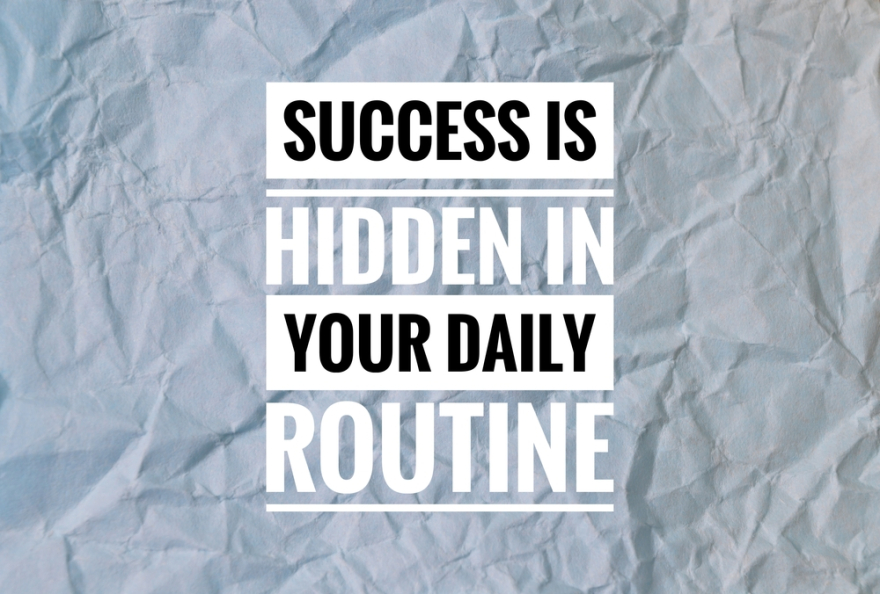
Last week, I introduced the concept of the power of developing a daily routine in your life. I hope you see how creating a daily routine can vastly improve your life in many ways.
In this week's post, I would like to demonstrate how you might create powerful routines in your daily life. Unfortunately, while many people are convinced of the benefits of creating powerful routines, they often make mistakes when creating them.
Creating a Powerful Routine
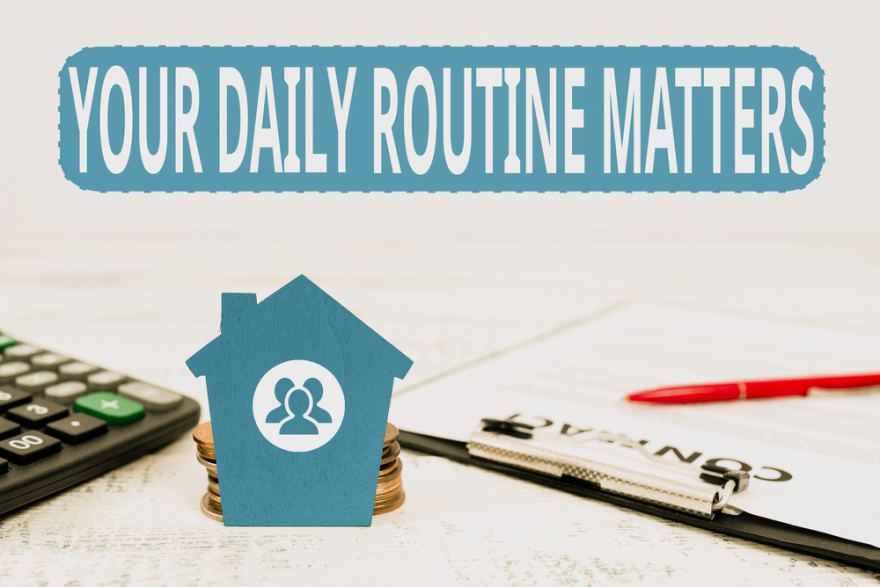
There is no one-size-fits-all when it comes to creating a daily routine. Your routine should look different from that of other people. What works for others may not work for you and vice versa.
If you want your routine to work for you, it needs to match your needs and lifestyle. For example, many people choose to work out early in the day. But this may tire you out before you get your day started. On the other hand, a mid-afternoon workout may work best for you. So, consider what works for you. Consider what are you trying to achieve and how you want to feel before you create your routine.
What You Should and Shouldn't Include in Your Routine
What you should and shouldn't include in your daily routine depends totally on you. As was mentioned earlier, a daily routine should always be fully customized to your specific needs. That said, you may want to focus on some things that tend to appear in the most effective daily routines of some successful people. These include:
· Some exercise several times a week
· A specific morning routine that sets the tone for the rest of the
· Making a list of the essential things that need to be completed
· Time built into your schedule for relaxation

· Breaks from technology several times a day
· An evening routine that leads to bedtime at the same time each night
All good daily routines include some form of exercise.
They also involve a specific morning and evening routine.
Your morning routine should help you feel energized and refreshed.
Meanwhile, your evening routine should focus on unwinding before bedtime. You should also get whatever you can do in the morning, like putting your clothes out to help with the morning activities.
Make sure you list all the things you want to get done for the day.
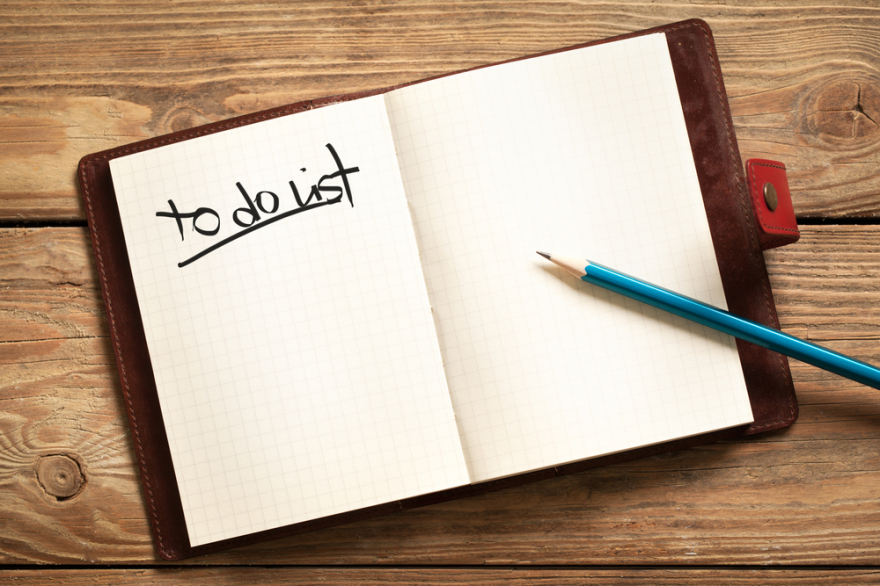
That way you'll make sure you don't forget them. And you will be more focused and motivated to meet them in a timely fashion.
Factor in time to relax and take technology breaks. These practices will also help give you a boost both mentally and physically.
Just as there are things you should do every day, there are some things you should not do to get the most out of your day. For example:
· Trying to cram too much into your daily routine
· Indulging in habits that aren't relevant or healthy
· Engaging in routines that take too long
There may be many things you want to change in your life. However, cramming too much into your routine can leave you feeling stressed.
Instead, you should focus on only including the most critical tasks and activities you need to achieve.
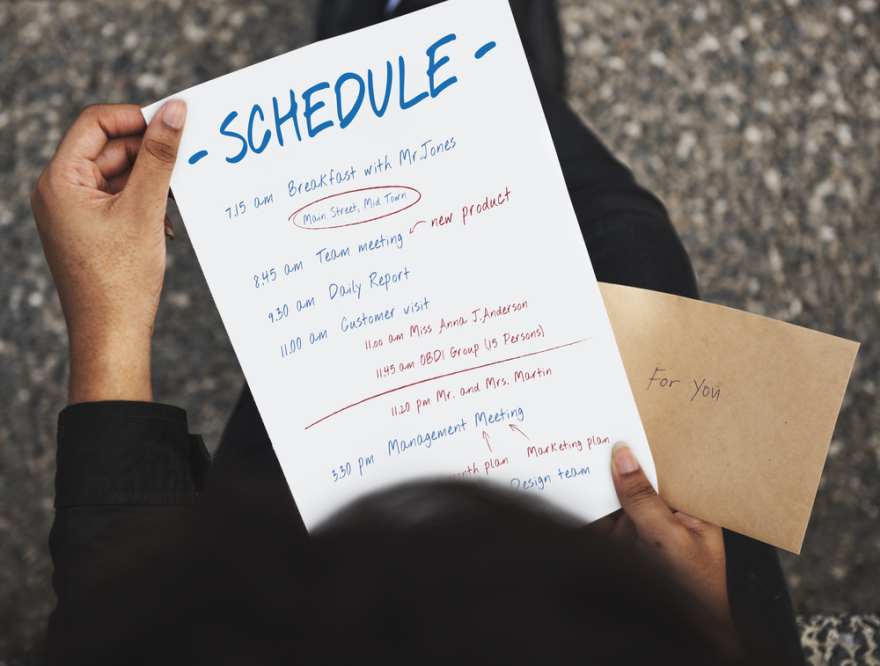
Your routine needs to be all about your and your needs. If you include habits that aren't necessary to you, you won't keep them up.
When creating a routine, we're not talking about something that has a strict timeline. A morning routine, for example, doesn't take up your entire morning.
Experts suggest making a morning routine should take no longer than ten minutes. So, don't give yourself a massive list of tasks to do in your daily routine. Instead, keep it short and focus on the most important things.
Examples of Powerful Routines
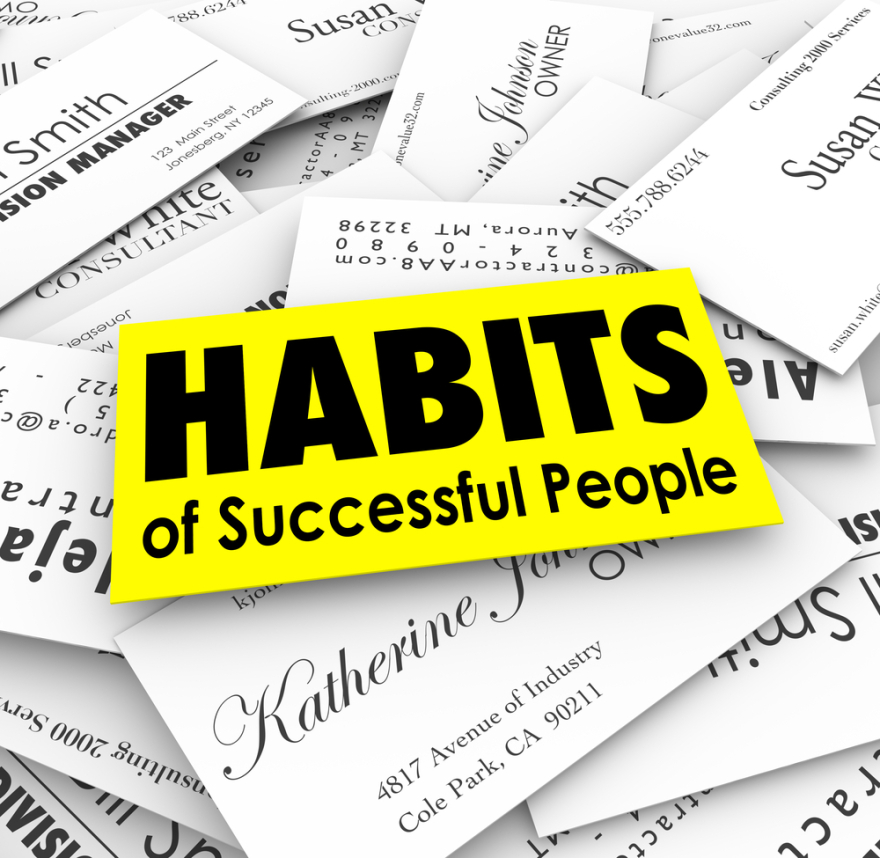
Sometimes, it can help us see examples so we know what to do. For example, if you are struggling with putting your daily routine together, it may help to look at examples of other people's routines. See some examples below.
Morning routines should include the following:
Have you ever noticed that successful people follow similar habits? For example, the most common morning routine of a successful person includes:
· Waking up between 5 am and 6 am
· Drinking a glass of water first thing (sometimes adding lemon is good)
· Exercise for 30 to 60 minutes
· Enjoy a healthy, nutritious breakfast
· Make a to-do list of the most important tasks for the day
That would be an example morning routine. But, of course, yours can be shorter--or longer--depending upon your needs.
Night Time Routines:
Getting a good night's sleep requires a proper nighttime routine. And getting a good night's sleep goes a long way toward your being more productive the next day.
Examples of a nighttime routine might include:
· Taking a warm bath
· Stopping the use of technology at least an hour before bed
· Sorting out your clothes and considering other important tasks in preparation for the morning
· If you have kids, get their clothes and lunches prepared the night before
· Read a book instead of watching TV or being on the computer
The thing about evening routines is they should be relaxing. It will also help your mornings if you try and get done anything you can in advance for the morning. This will make your mornings far less stressful.
Switching off technology an hour before bed will also greatly enhance your sleep.
These are just some basic examples of a powerful daily routine. You need to think about what will work for you and what tasks will easily fit into your current lifestyle.
Next week we'll cover tips on optimizing your daily routine for the best results.
|